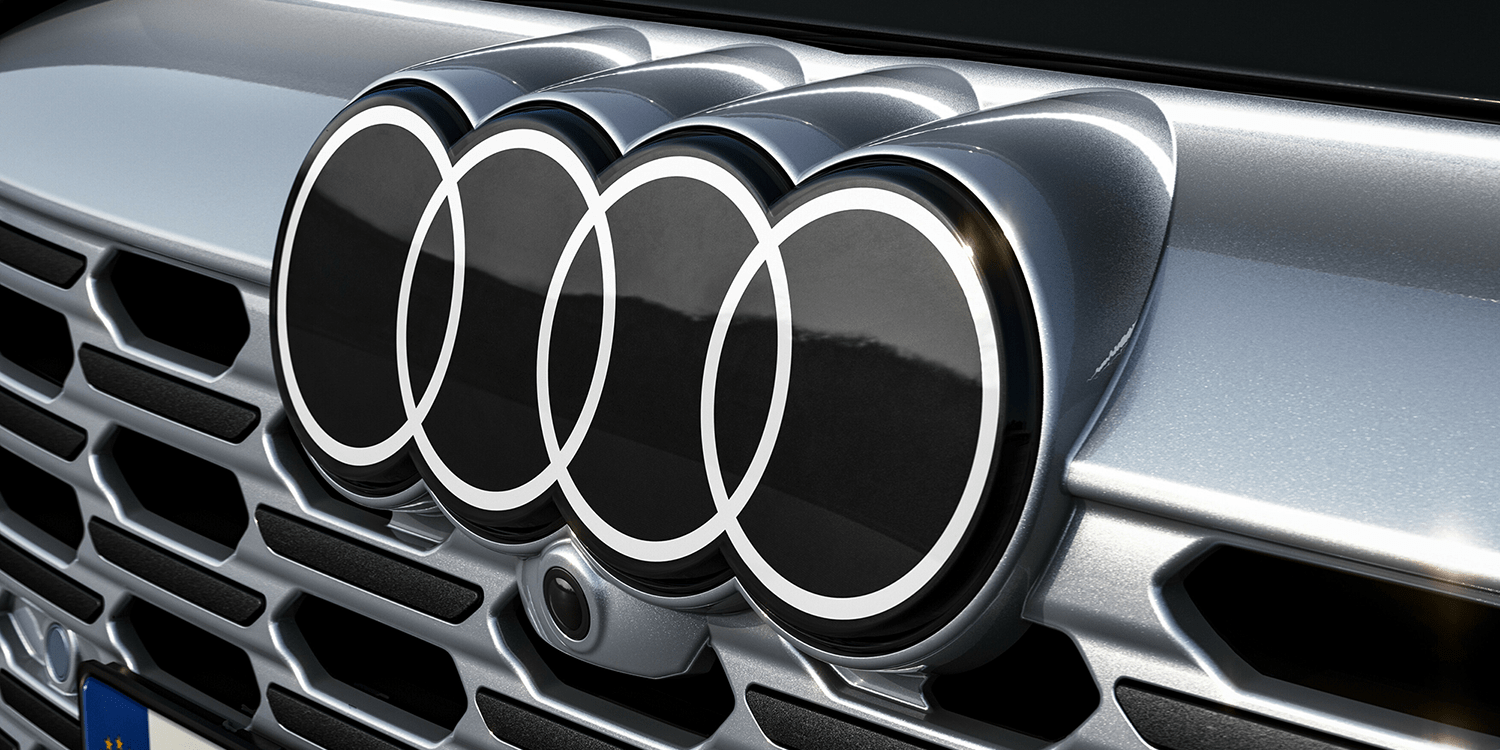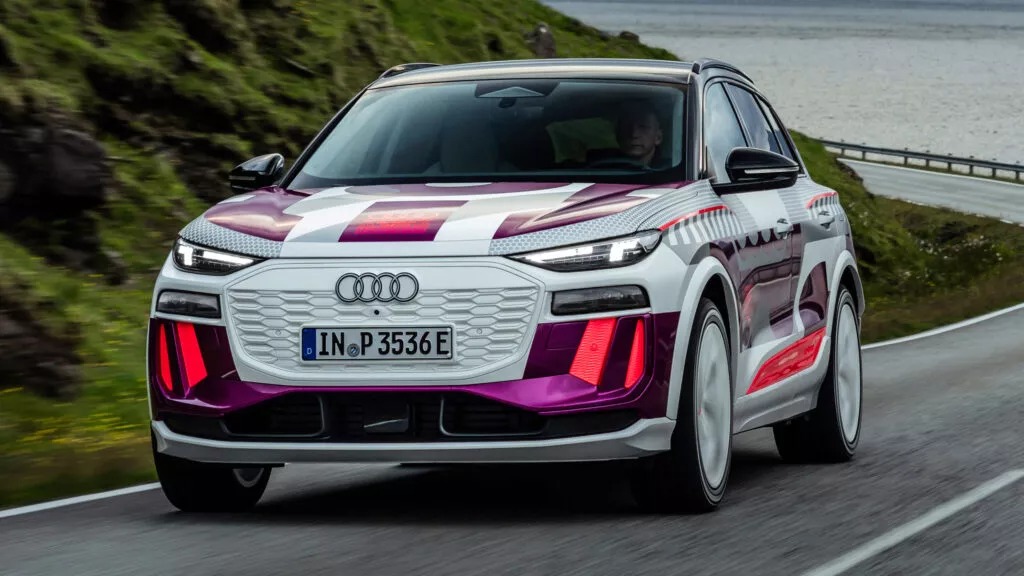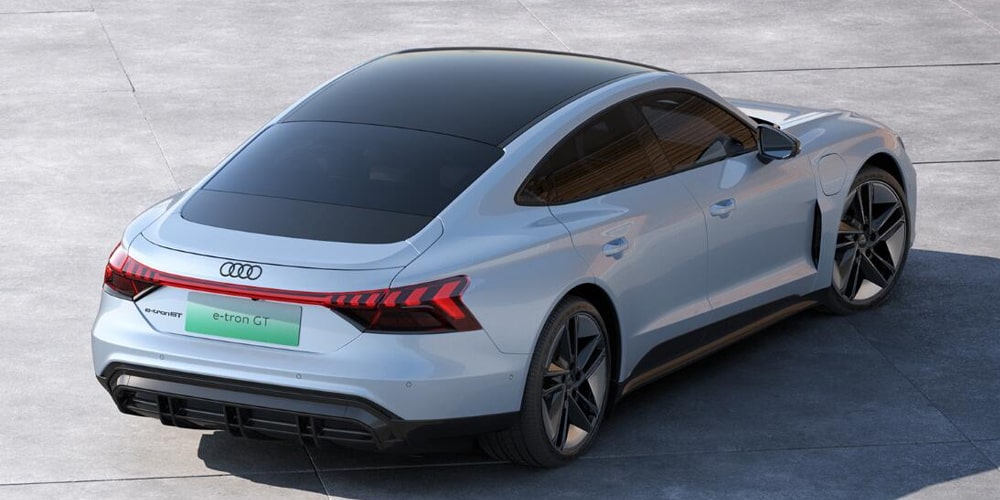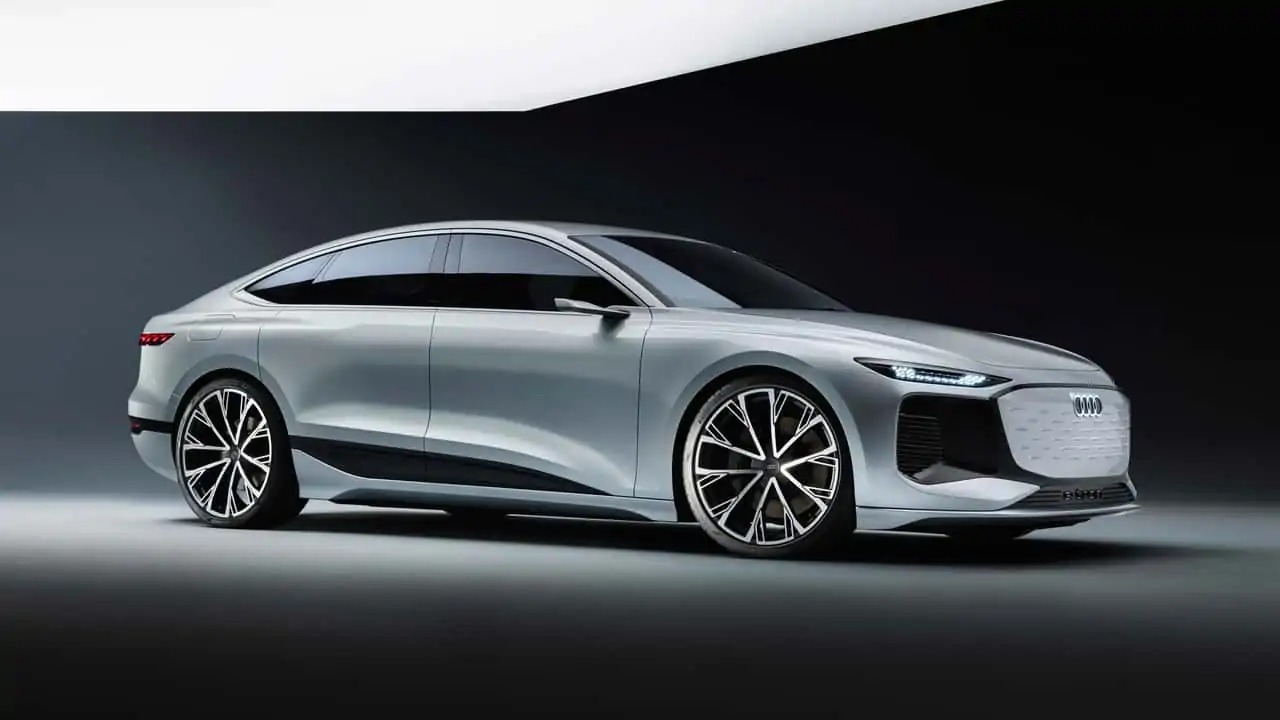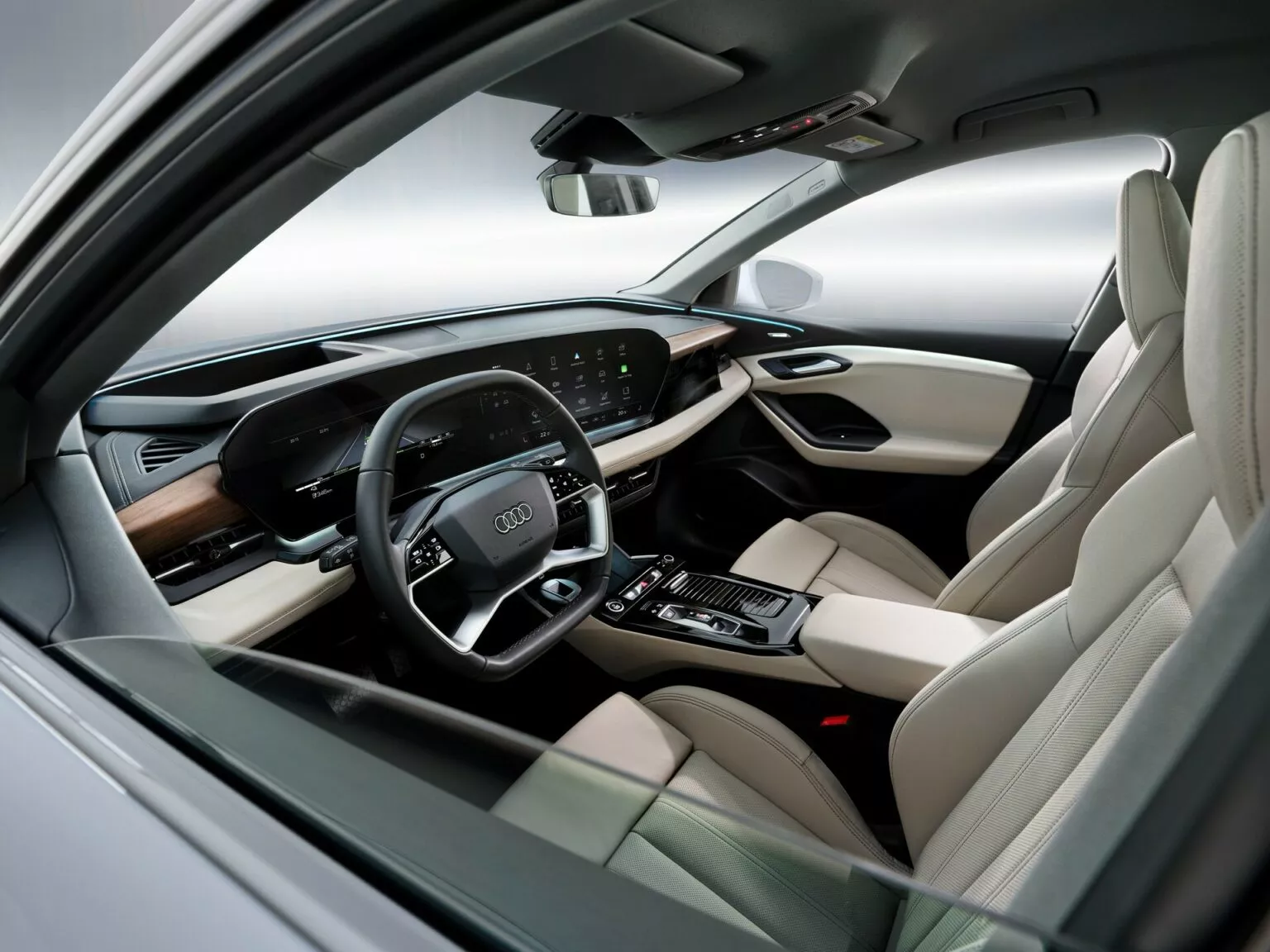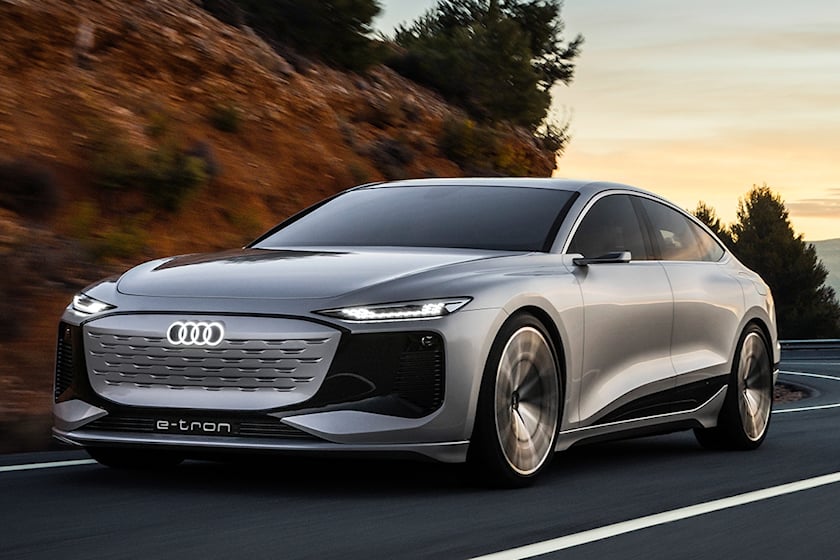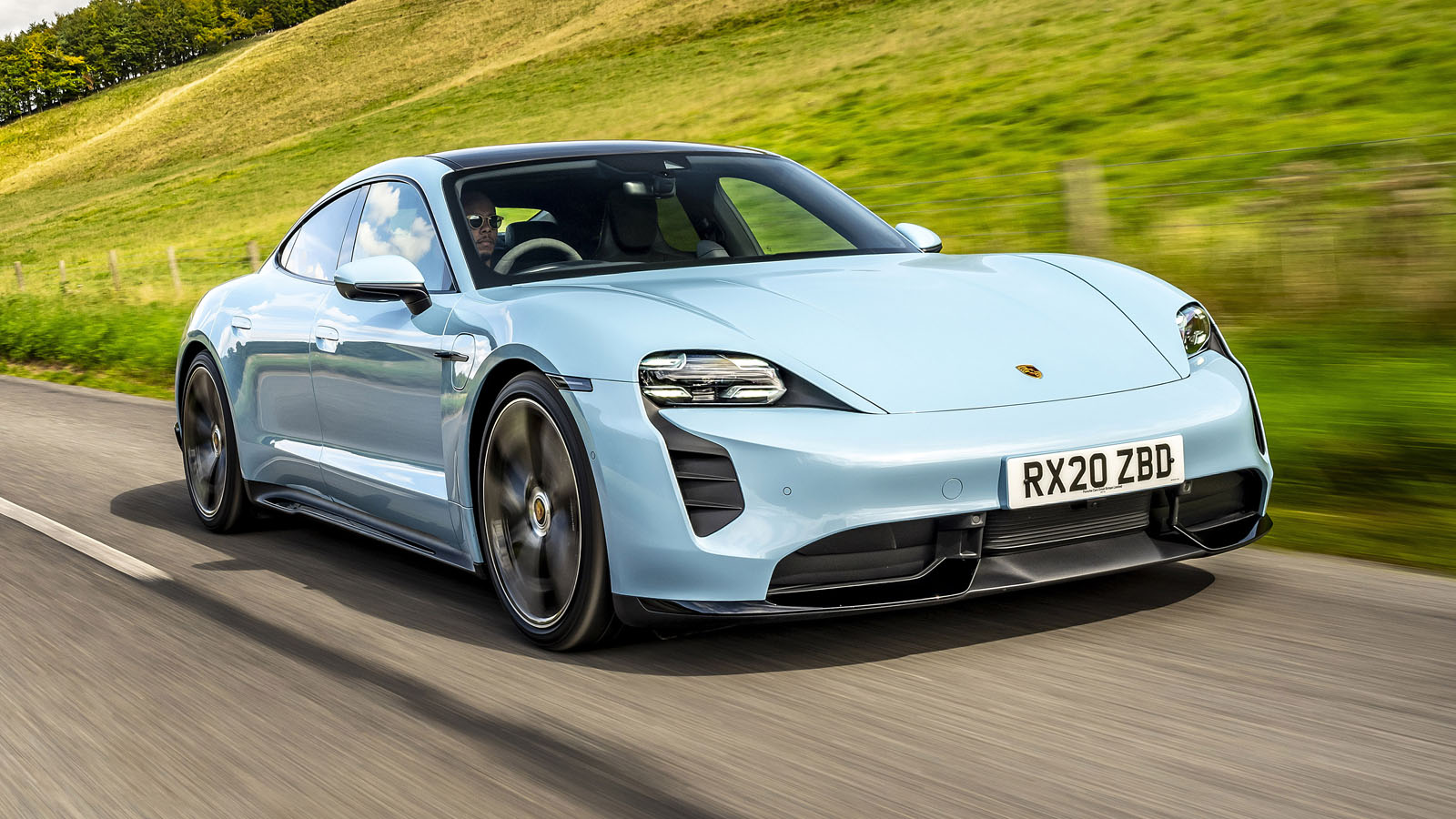Audi, the renowned automobile manufacturer, has joined forces with China’s state-owned automaker, SAIC Motor, to embark on an electrifying journey within the Chinese market. The momentous agreement, confirmed on July 20, is set to revolutionize the EV landscape and expedite the electrification of their respective portfolios in China’s rapidly growing electric vehicle market.
While the specific details of the partnership remain undisclosed, it is reported that Audi has expressed keen interest in utilizing SAIC’s premium EV brand, IM Motors’ platform. This highly adaptable EV architecture supports both rear- and all-wheel drive and is already being utilized by SAIC’s IM Motors for their popular L7 sedan and LS7 SUV models. Audi is believed to be eyeing the integration of SAIC’s EV platform into the production variants of their innovative Activesphere, Urbansphere, Skysphere, and Grandsphere concepts.
Zu Sijie, Chief Engineer at SAIC, highlighted that the automaker is fully committed to deepening its collaboration with Audi, with possibilities ranging from licensing arrangements to joint development for future projects.
This landmark partnership is significant not only for Audi but also for the Chinese automotive industry as a whole. It marks a turning point, shifting from merely learning from foreign manufacturers to venturing into homegrown technological innovations. This strategic move demonstrates China’s determination to take the lead in cutting-edge EV technology.
It’s worth noting that Audi’s parent company, Volkswagen Group, already has an existing joint venture with SAIC, known as SAIC-Volkswagen, which focuses on producing gasoline-powered cars in China. However, this new alliance will exclusively concentrate on electric vehicles, catapulting both companies into the forefront of the electrified automotive revolution.
Audi’s decision to join forces with SAIC comes at a crucial juncture for the automaker, as it faces pressures to enhance sales, particularly in China. Their push into the EV market has faced setbacks due to delays in Volkswagen Group’s software development. For instance, the launch of the highly anticipated Audi Q6 e-tron, based on the Premium Platform Electric (PPE), has been pushed back to 2024. Additionally, the ambitious Artemis project, involving a self-driving flagship EV, had to be canceled.
The collaboration with SAIC opens up exciting prospects for Audi, offering them a pathway to revitalize their EV lineup and make a powerful resurgence in the competitive Chinese market.
This electrifying collaboration also coincides with a significant leadership change at Audi. Markus Duesmann, the current CEO, will be replaced by Gernot Doellner, a seasoned veteran from the Volkswagen Group, on September 1, 2023. The new CEO will be tasked with addressing challenges, such as expediting electrification efforts and launching new, innovative models to stay ahead in the race.
Audi’s global sales were outpaced by Tesla in the first quarter of this year, and their market share in China has been dwindling, primarily due to the scarcity of competitive EV models.
With the Audi-SAIC partnership firmly in place, the automotive world is eagerly awaiting the unveiling of the electrifying fruits of their collaboration, as they seek to reshape the landscape of EV technology and redefine the future of mobility in China.

